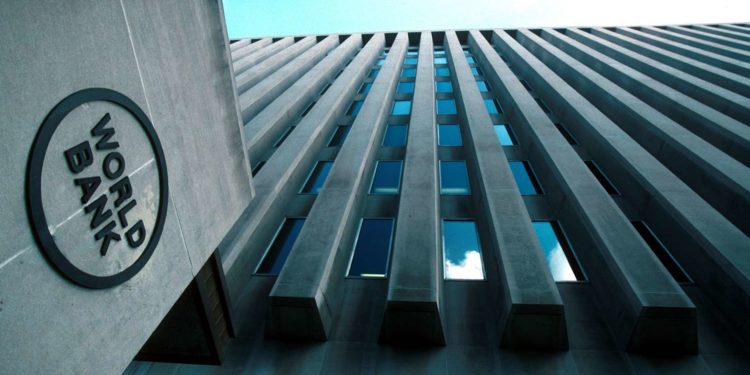Approximately 45,000 Kenyans are on the brink of benefiting from a novel employment initiative tied to a KES23 billion financing endeavor, a component of the World Bank’s approval for the Kenya Jobs and Economic Transformation Project (KJET).
This initiative, designed to bolster micro, small, and medium enterprises (MSMEs), aspires to augment private sector investments, ease market access, and encourage sustainable finance to stimulate job creation and advancement.
KJET, with a USD 150 million (KES23 billion) injection, specifically targets the MSME value chain, with a focus on empowering 6,800 women. The project’s strategy involves furnishing business development services to fortify viable value chains, fostering connections between MSMEs and markets, and investing in firms to enhance their productive capacity and capabilities. The overarching objective is to elevate hiring rates and amplify worker productivity, in harmony with the World Bank’s mission to eradicate extreme poverty.
Keith Hansen, the World Bank country director for Kenya, Rwanda, Somalia, and Uganda, underscored the project’s alignment with the bank’s mission of empowering the private sector, propelling job creation, and spurring green investments across member countries.
The Kenyan government is fully committed to this initiative, viewing it as a pivotal element in its job creation strategies outlined in Vision 2030, the fourth Medium-Term Plan (MTP4, 2023-2027), and the Bottom-Up Economic Transformation Agenda. Anticipating the mobilization of an additional KES 4 billion (USD 27 million) in private capital, the government and the World Bank plan to complement their KES 23 billion investment. The private sector is expected to contribute to the Green Investment Fund through a co-investment model, thereby financing the productive capacity of MSMEs.
Ahmed Rostom, World Bank senior financial sector specialist and KJET task team leader, elucidated that KJET’s objectives include streamlining licensing processes, fortifying investment-related laws and regulations, and enhancing the government’s capacity for investor outreach and service delivery to bolster business and investment activities in Kenya.
The project will also concentrate on heightening MSME cluster competitiveness, augmenting capabilities and productive capacity, and expanding green financing to enhance SMEs’ adoption of green technologies, fortifying their resilience to climatic shocks. Administered by the State Department for MSME Development (MSME) and the State Department for Investment Promotion (Trade), the project aims to counteract the concentration of jobs in low-labor productivity sectors and promote job creation within the critical MSME sector, a significant contributor to Kenya’s economy.
















